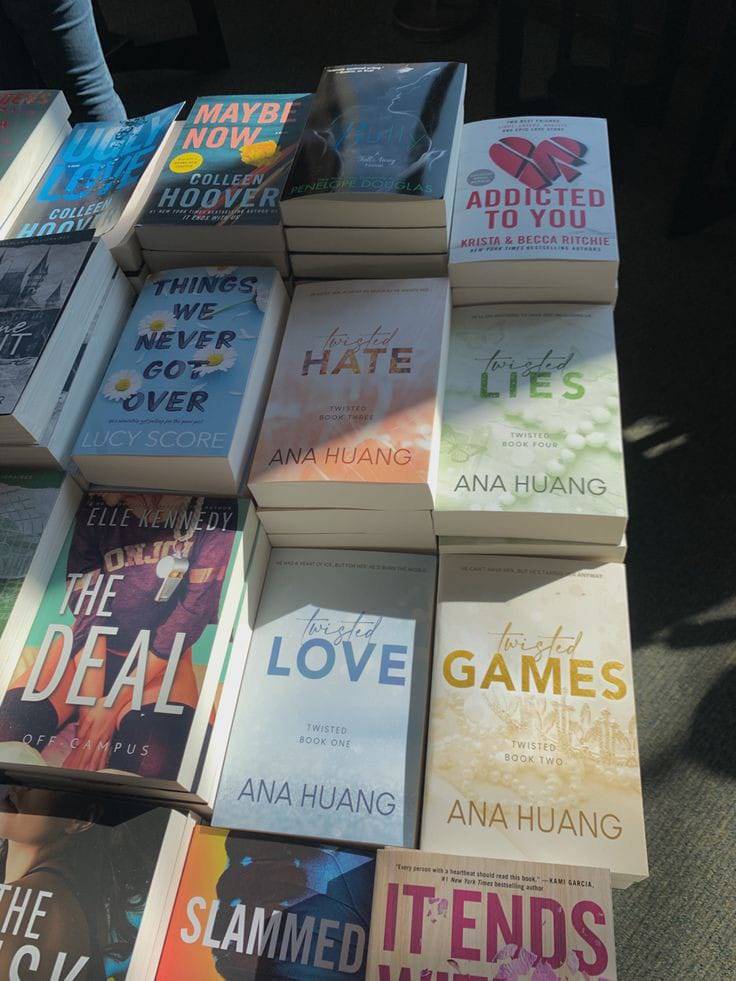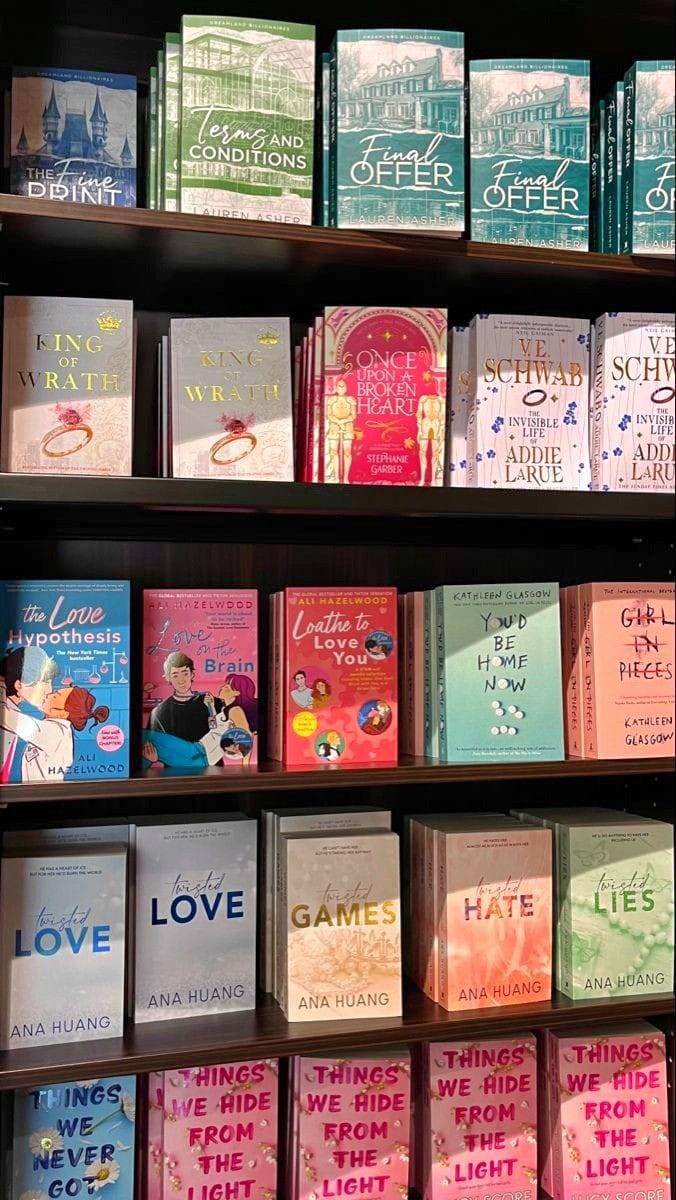Romance novels have always been celebrated for their ability to transport readers into worlds of passion, intrigue, and heartfelt emotion. Beyond their reputation as escapist fiction, these novels build significant influence in challenging and reshaping conventional moral perspectives. Through diverse characters, complex relationships, and thought-provoking narratives, romance literature serves as a mirror to society, reflecting evolving norms and values while also pushing boundaries. This search delves into how romance novels navigate and redefine morality, offering insights into their important impact on readers and broader cultural discourse.
Representation and Diversity
One of the most notable ways romance novels challenge conventional morality is through their representation of diverse relationships. Historically, literature has predominantly centered on heterosexual, monogamous relationships that adhere to traditional gender roles. However, contemporary romance literature has broadened its scope to include a spectrum of relationships that reflect the diversity of human experiences.
Interracial relationships, LGBTQ+ romances, and unconventional pairings are increasingly prevalent in romance novels. Authors such as Alyssa Cole and Casey McQuiston have gained acclaim for their inclusive narratives that celebrate love across racial and gender lines. By portraying these relationships in a positive light, romance novels contribute to normalizing and validating diverse forms of love and intimacy. This representation not only challenges stereotypes but also builds empathy and understanding among readers, encouraging acceptance of relationships that may deviate from societal norms.
Consent, Agency, and Power Dynamics
Another significant theme explored in romance novels is the importance of consent, autonomy, and navigating power dynamics within relationships. In recent years, there has been a marked shift towards depicting relationships built on mutual respect and communication rather than romanticizing controlling or manipulative behaviors.
Authors such as Sarah MacLean and Courtney Milan emphasize the complexities of consent and the implications of power imbalances in their stories. These narratives provide readers with nuanced portrayals of how individuals navigate boundaries and assert their agency in intimate relationships. By exploring themes of trust, communication, and personal autonomy, romance novels not only entertain but also educate readers about healthy relationship dynamics and the ethical considerations involved.
Dark romance novels typically feature protagonists engaged in relationships that are unconventional, morally ambiguous, or even controversial. These stories often explore themes such as dominance and submission, coercion, manipulation, and psychological complexity.
One of the unique aspects of dark romance novels is their ability to provoke introspection and stimulate discourse among readers. These narratives often elicit strong emotional responses and conflicting reactions due to their exploration of sensitive topics and morally ambiguous situations. Readers may find themselves questioning their own beliefs about love, desire, and ethical behavior as they navigate the narrative complexities presented in these novels.
Gender Roles and Empowerment
Romance novels have also played a pivotal role in challenging traditional gender roles by portraying protagonists who defy stereotypes and expectations. Strong heroines and sensitive heroes subvert conventional notions of masculinity and femininity, presenting characters who are multifaceted and complex in their identities.
Authors like Lisa Kleypas and Alyssa Cole craft narratives that empower their protagonists to pursue their desires and challenge societal constraints. These characters undergo journeys of self-discovery and personal growth, reclaiming agency over their lives and relationships. By showcasing diverse expressions of gender and sexuality, romance novels promote inclusivity and validate the experiences of readers who may not conform to traditional gender norms.
Ethical Dilemmas and Moral Choices
Beyond individual relationships, romance novels often explore broader ethical dilemmas and moral choices faced by their characters. From navigating familial expectations to confronting the consequences of past actions, these narratives compel readers to contemplate the complexities of moral decision-making and the impact of personal choices on others.
Authors such as Nora Roberts and Colleen Hoover weave intricate plots that delve into themes of forgiveness, redemption, and ethical responsibility. Through their stories, readers are challenged to empathize with characters grappling with moral ambiguity and to reflect on their own values and beliefs. Romance novels thus serve as a catalyst for introspection, pushing readers to consider the ethical implications of their actions and the fact that there’s a blend of personal relationships within broader societal contexts.
Cultural Context
Romance novels are also vehicles for social commentary, addressing contemporary issues such as race, class, and social justice within the framework of romantic relationships. Authors like Jasmine Guillory and Helen Hoang incorporate social realities into their narratives, highlighting the intersectionality of love and identity.
By blending romance with social critique, these novels invite readers to confront systemic injustices and biases that impact interpersonal relationships. Through diverse perspectives and lived experiences, romance literature roots empathy and encourages readers to examine their own assumptions and prejudices.
Readers engage with these narratives, they are invited to reconsider their beliefs, expand their perspectives, and embrace the complexity of human relationships. Romance novels not only entertain and inspire but also serve as mirrors to society, reflecting evolving attitudes towards love, morality, and cultural diversity. In a world where narratives shape our understanding of ourselves and others, romance literature continues to play a vital role in challenging stereotypes, promoting inclusivity, and advocating for ethical consciousness.
Romance novels can change what people think is right or wrong in relationships. They do this by showing different kinds of relationships that go beyond what’s traditional, like couples from different backgrounds or LGBTQ+ romances. These stories often focus on consent and respect, teaching readers about healthy ways to love. They also break stereotypes about gender, with strong women and sensitive men as main characters. Sometimes, these novels make characters face tough choices about what’s moral, like deciding between personal happiness and what society expects. By tackling these issues, romance novels help readers think more deeply about love, respect, and what makes a good relationship.
Ultimately, romance novels invite readers on a journey of exploration and discovery, encouraging them to envision a future where love is celebrated in all its forms and moral integrity is defined by compassion, respect, and authenticity. As the genre continues to evolve, its impact on cultural discourse and societal values remains profound, reaffirming its status as a powerful force for change and understanding in the literary landscape.




